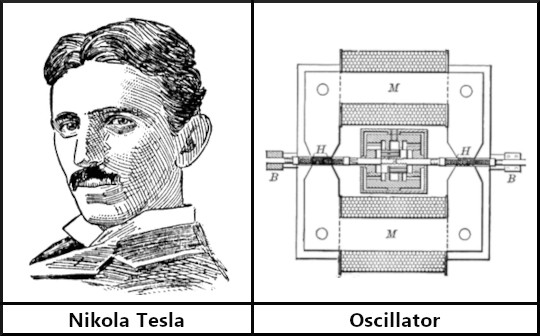Nikola Tesla? Apocryphal?

Question for Quote Investigator: The electrical engineer Nikola Tesla became famous via his inventions in the domains of alternating current and wireless communication. Apparently, he disliked broadcast radio programs. He considered radio to be a nuisance and a distraction which impeded his concentration. Would you please help me to find a citation?
Reply from Quote Investigator: In 1932 Nikola Tesla celebrated his 76th birthday, and the “New York Herald Tribune” interviewed him in his residence at the Governor Clinton Hotel in New York City. Boldface added to excerpts by QI:1
This hotel has a radio in every room. But Mr. Tesla’s complaint was not so much a matter of his neighbor’s music as it was a matter of personal taste.
“The radio, I know I’m its father, but I don’t like it,” he said. “I just don’t like it. It’s a nuisance. I never listen to it. The radio is a distraction and keeps you from concentrating. There are too many distractions in this life for quality of thought; and it’s quality of thought, not quantity, that counts.”
Below are additional selected citations in chronological order.
Continue reading “Quote Origin: The Radio Is a Distraction and Keeps You from Concentrating”





